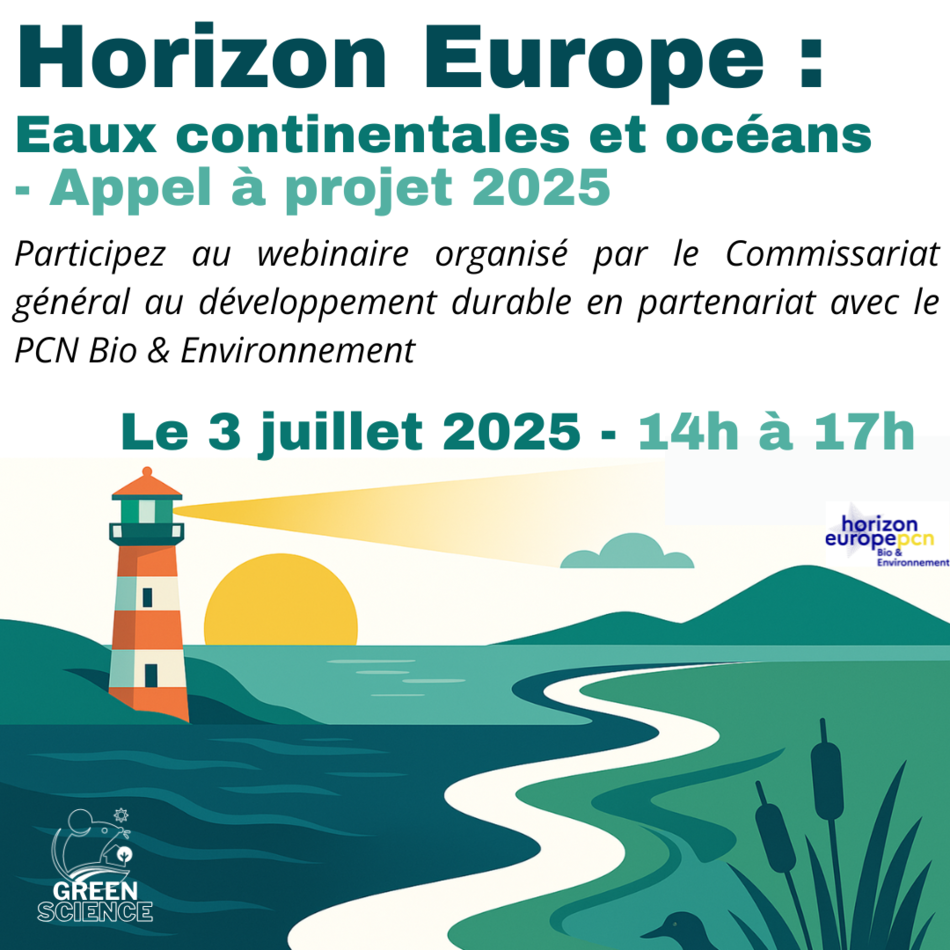Expected Outcome:
This topic supports the EU forest strategy for 2030 by securing and promoting small-scale forest management for the sustainable use of wood and non-wood products, while fully respecting the cascading use principle and contributing to biodiversity and climate objectives, including forest ecosystem restoration and protection.
Project results are expected to contribute to all of the following outcomes:
- Development of regional and local management models for small-scale forest holdings in support of the EU forest strategy for 2030, adapted to the wide variety of contexts found in the EU.
- Better understanding of knowledge, skills, motivation and needs of small-scale forest owners, and development of targeted and innovative approaches for effective support structures and instruments for the various ownership types.
- Contribution to forest-related policy goals of the European Green Deal, including the development of a forest-based bioeconomy, the reduction of greenhouse gas emissions, the increase of carbon removals, the protection of ecosystem services and the restoration and conservation of forest biodiversity.
- Improved guidelines on carbon farming and PES (Payment for Ecosystem Services) design and implementation in Europe formulated and implemented.
- Development of lively, prosperous and resilient rural areas and integration of small-scale forests owners in the bioeconomy value chains.
- Improvement of the quantity and quality of EU forests, their multifunctional role and resilience needs under climate change and contribution to halting and reversing biodiversity loss.
Scope:
European forests belong to around 16 million owners, whereby about 60% of the forest area is privately owned, the majority being small properties, often lacking proper attention by their owners mainly due to fragmentation and non-profitability. Knowledge on small-scale private forest owners’ expertise, skills, motivations and needs to manage forests sustainably, including both traditional and non-traditional owner types, is limited.
Genuinely trans-disciplinary approaches in research and innovation are needed that combine the environmental and socio-economic dimensions and closely engage with broader stakeholder communities.
This topic addresses sustainable production potentials with a view to securing and promoting small-scale forest management for the sustainable use of wood and non-wood products, while fully respecting the cascading use principle and contributing to biodiversity objectives, including forest ecosystem restoration and protection.
Proposals will:
- Create a better understanding of the circumstances of small forest property owners and behaviour for both traditional and non-traditional owner types.
- Explore, analyse, and develop innovative forest management approaches, including silvicultural practices, carbon farming, digital tools (for example blockchain, robotics, AI or IoT/sensors), organisational, cooperation and business models, advisory services, education and training concepts, policy frameworks and social and institutional models that take into account different ownership types.
- Assess and develop innovative and tailored support structures, programmes and instruments, covering traditional and non-traditional owner types, considering size, geographical, professional and personal backgrounds, value orientations, age, gender, etc.
- Collect, analyse, and develop targeted approaches for activating and mobilising forest owners, particularly non-traditional, non-farm, absentee, urban or women as forest owners taking into consideration existing good practice guidance and examples.
- Define sustainable production potentials for wood and non-wood forest products through improved integrated management approaches.
- Develop new business models to promote the sustainable and value-added utilisation of damaged (burnt, broken, degraded conditions etc.) or infected wood (e.g., by bark-beetle, etc.) within strictly defined ecological thresholds and in line with the cascading use principle, forestry side streams and non-wood forest products (e.g., cork, etc.).
- Contribute positively to the UN and EU sustainability goals (climate, biodiversity, risks, income streams, ecosystem services etc.).
- Explore the role of social, economic, political, and institutional factors to improve political-institutional frameworks on different administrative levels.
- Engage small forest property owner types and all relevant actors in co-creation processes for developing viable measures and tools at local and European scale that contribute to increased awareness and motivation for ensuring sustainable use, restoration, and conservation of resilient small-scale private forest properties.
- Involve rural communities with a view to optimising the mobilisation of forest resources, improving land management practices, and reducing land abandonment in full respect of climate mitigation and adaptation, biodiversity protection and restoration objectives.
- Foster knowledge exchange and capacity-building.
The project must implement the multi-actor approach and ensure an adequate involvement of the primary production sector and the wider forest-based value chain.
Proposals may involve financial support to third parties e.g. to primary producers, academic researchers, start-ups, SMEs, and other multidisciplinary actors, to, for instance, develop, test or validate developed applications. A maximum of € 60 000 per third party might be granted. Conditions for third parties support are set out in Part B of the General Annexes. Consortia need to define the selection process of organisations, for which financial support may be granted. Maximum 20% of the EU funding can be allocated to this purpose. The financial support to third parties can only be provided in the form of grants.





